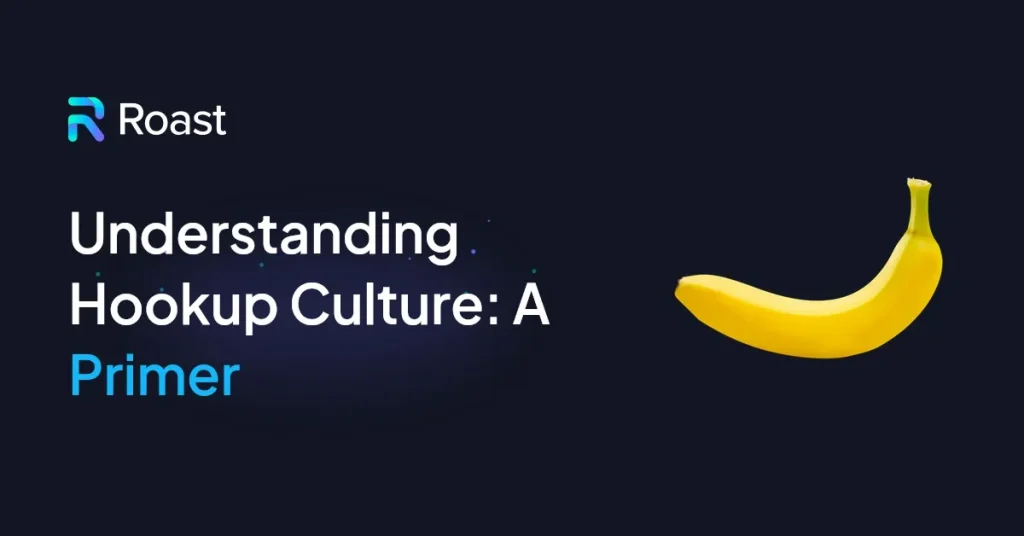Hookup culture has become a defining feature of modern relationships, especially among young adults in the United States. It’s characterized by casual sexual encounters that often lack emotional commitment or long-term expectations. This phenomenon has sparked significant debate, with some viewing it as a liberating expression of autonomy and others seeing it as a harmful trend that undermines the value of meaningful connections.
The Rise of Hookup Culture
Hookup culture is not a new concept, but its prevalence has surged in recent decades, largely due to technological advancements and shifting social norms. The advent of dating apps like Tinder, Grindr, and Bumble has made it easier than ever for individuals to connect with potential partners for casual encounters. These platforms have transformed how people meet, flirt, and engage in sexual activity, often prioritizing convenience over depth.
According to the American Psychological Association, hookups are defined as “brief, uncommitted sexual encounters between people who are not romantic partners or dating each other.” While the idea of casual sex is not new, the ease of access to apps has led to a cultural shift where such encounters are now more common and socially acceptable.
The Impact on Mental Health

One of the most concerning aspects of hookup culture is its impact on mental health. Studies have shown that frequent hookups can lead to feelings of regret, anxiety, and depression. A survey of 1,468 undergraduate students found that 82.6% reported negative mental and emotional consequences after hookups, including embarrassment, loss of respect, and difficulties maintaining steady relationships.
The psychological effects of hookup culture are particularly pronounced among adolescents and young adults. Many report feeling disconnected from their peers and struggling with self-esteem issues. The pressure to conform to societal expectations around sexual activity can exacerbate these feelings, leading to a cycle of dissatisfaction and emotional distress.
The Role of Social Media and Technology
Social media plays a significant role in shaping perceptions of hookup culture. Platforms like Instagram and TikTok often glorify casual sex, making it seem glamorous and desirable. This can create unrealistic expectations and contribute to a culture where physical intimacy is valued over emotional connection.
Moreover, the anonymity provided by online interactions can lead to a lack of accountability and increased risk of unsafe sexual practices. Without the context of a real relationship, individuals may be more likely to engage in risky behaviors, such as unprotected sex or substance use during encounters.
The Debate Over Hookup Culture

The debate surrounding hookup culture is complex, with arguments on both sides. Proponents argue that it offers a form of freedom and exploration, allowing individuals to express their sexuality without the constraints of traditional relationships. They believe that casual sex can be a positive experience when approached with mutual consent and respect.
Critics, however, warn that hookup culture can perpetuate harmful stereotypes and contribute to a culture of objectification. They argue that the emphasis on physical attraction and instant gratification can undermine the development of healthy, long-term relationships. Additionally, the lack of emotional investment in these encounters can lead to feelings of loneliness and dissatisfaction.
Navigating Hookup Culture

For those navigating hookup culture, it’s essential to prioritize personal boundaries and communication. Open and honest conversations about expectations, desires, and comfort levels can help ensure that all parties involved feel respected and safe. It’s also important to practice safe sex and be aware of the potential risks associated with casual encounters.
Ultimately, the decision to engage in hookup culture is a personal one, and individuals should make choices that align with their values and well-being. Whether one chooses to embrace this lifestyle or seek out more meaningful connections, understanding the complexities of hookup culture is crucial for making informed decisions.
Conclusion
Hookup culture continues to shape the landscape of modern relationships, influencing how individuals interact, form connections, and navigate their personal lives. While it offers opportunities for exploration and freedom, it also presents challenges that must be addressed. By fostering open dialogue, promoting healthy relationships, and prioritizing mental well-being, society can work towards a more balanced approach to intimacy and connection.
As we move forward, it’s essential to recognize the diverse experiences and perspectives within hookup culture. By embracing empathy, understanding, and respect, we can create a healthier and more fulfilling approach to relationships in the digital age.












More Stories
US Trending News: Exploring Zach Top Greensboro
US Trending News: The ‘Your Mom’ White House: A Trendy Take on Political Humor
US Trending News: Zach Lowe Twitter Updates and Insights